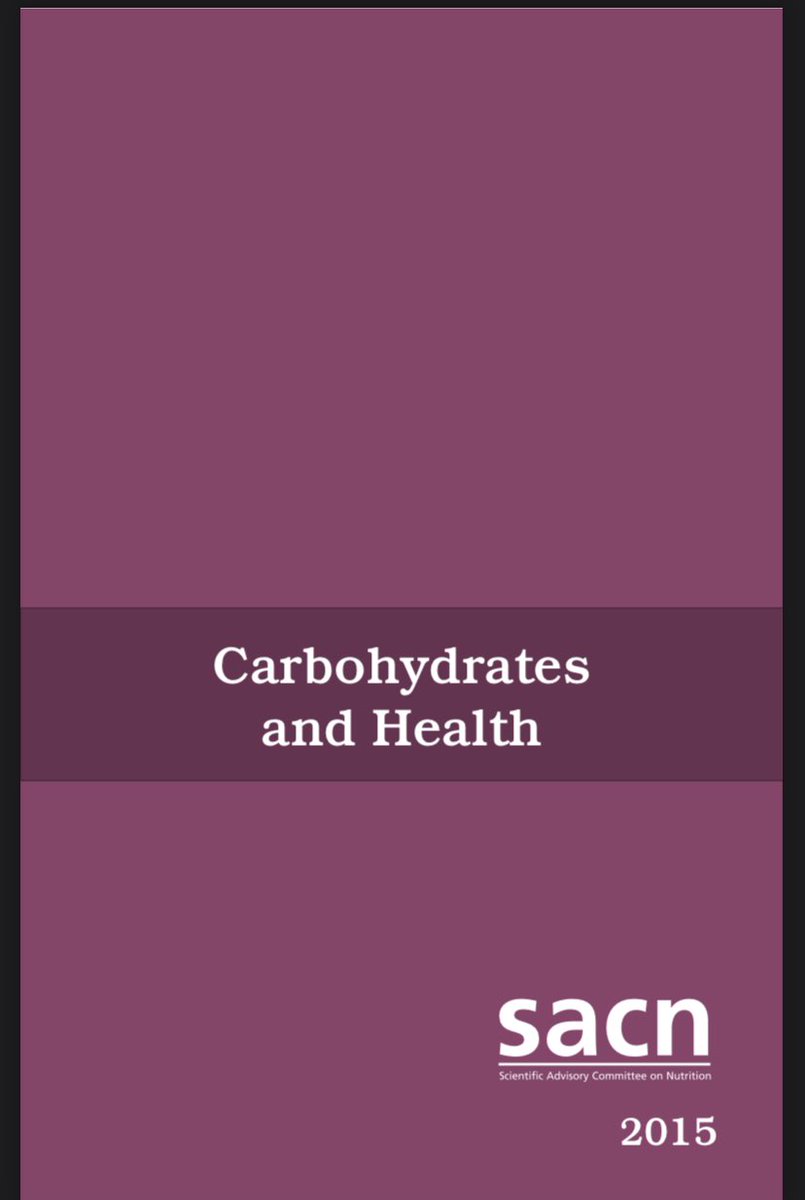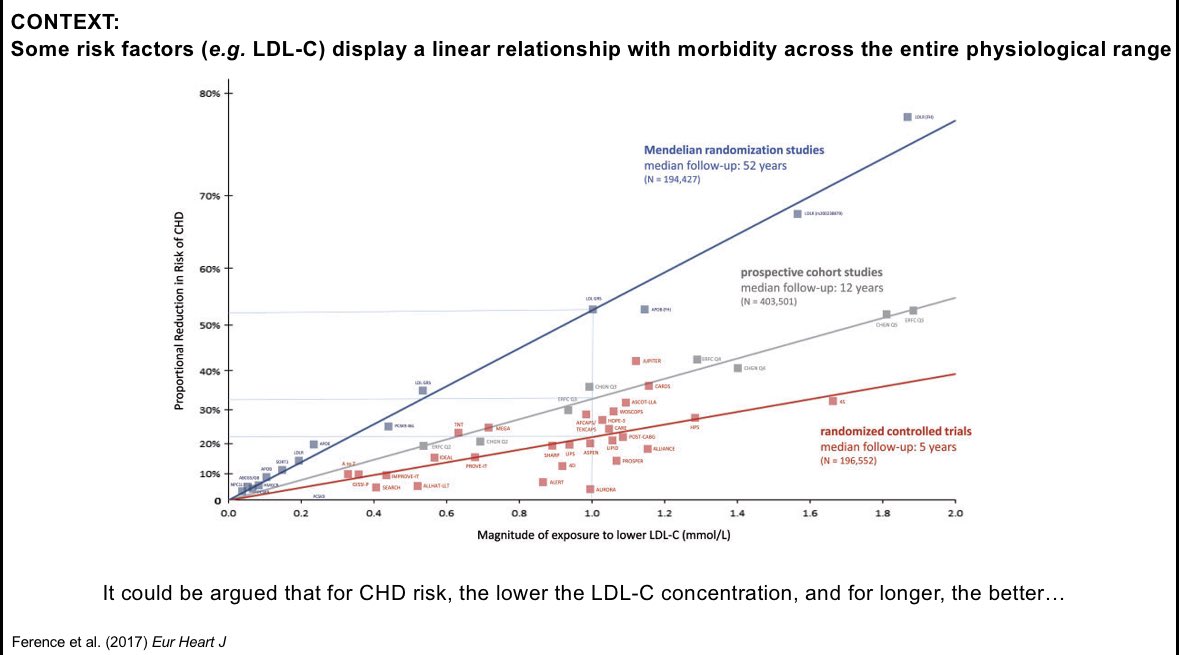There is no evidence that sugar directly causes any negative health effects.
Is this true?
A 🧵
#sugar #health #metabolism
1/10
Is this true?
A 🧵
#sugar #health #metabolism
1/10

Latest UK guidelines suggest there is only sufficient evidence that diets high in sugars:
1) cause increased calorie intake
2) are associated with tooth decay
So if calorie intake is not maintained, there are no harmful effects of sugars?
2/10
assets.publishing.service.gov.uk/government/upl…
1) cause increased calorie intake
2) are associated with tooth decay
So if calorie intake is not maintained, there are no harmful effects of sugars?
2/10
assets.publishing.service.gov.uk/government/upl…

Absence of evidence is not evidence of absence, but we also should be careful about believing anything with weak or little evidence.
So what does the evidence show?
3/10
So what does the evidence show?
3/10
Fructose is the part of sugar (sucrose) that most people worry about.
If we accept a lower bar for “sufficient evidence” some positive & some negative effects are shown.
Some effects are only seen when overeating.
Lets focus on blood lipids a bit
4/10
If we accept a lower bar for “sufficient evidence” some positive & some negative effects are shown.
Some effects are only seen when overeating.
Lets focus on blood lipids a bit
4/10

In this study, people were overfed for 4 days diets either low in sugars or very high in fructose.
A third condition was high in fructose but people exercised each day
The energy burned by exercise was replaced by more fructose
5/10
A third condition was high in fructose but people exercised each day
The energy burned by exercise was replaced by more fructose
5/10

Without exercise, high fructose overeating increased levels of fat in the blood (probably a bad thing for heart disease risk)
But when people exercised, the effects of fructose on blood fat levels was abolished, even though the energy burned was replaced
6/10
But when people exercised, the effects of fructose on blood fat levels was abolished, even though the energy burned was replaced
6/10

This might be why athletes show such good metabolic health despite high sugar intakes
3 x ⬆️ insulin sensitivity
Sugar intakes ~500 g per day
So health effects of sugars depend on the person’s lifestyle?
What about other sugars?
7/10
3 x ⬆️ insulin sensitivity
Sugar intakes ~500 g per day
So health effects of sugars depend on the person’s lifestyle?
What about other sugars?
7/10

Its often thought that fructose is the toxic sugar, and that milk sugars are “healthier” than table sugar
What does the evidence show?
8/10
What does the evidence show?
8/10

Galactose (the main sugar in milk), increases levels of fat in the blood to a similar extent to fructose in the short-term.
academic.oup.com/jn/article/150…
9/10
academic.oup.com/jn/article/150…
9/10

So it seems sugars might affect health but the evidence base isn’t nearly as strong as many people make out.
It is also complicated by the status of the individual
We need to know a lot more about this and effects of sugar types
10/10
It is also complicated by the status of the individual
We need to know a lot more about this and effects of sugar types
10/10
• • •
Missing some Tweet in this thread? You can try to
force a refresh


















